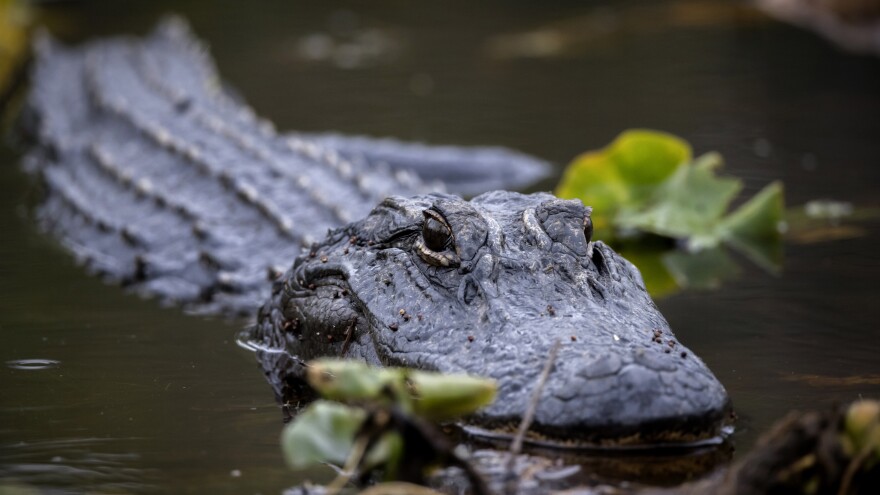A new study from the University of Georgia reveals dangerously high mercury levels in alligators living in Southeastern wetlands, raising alarms about broader environmental contamination.
Researchers from UGA’s Odum School of Ecology and Marine Extension and Georgia Sea Grant analyzed blood samples from more than 100 alligators across the Okefenokee Swamp, Jekyll Island, and South Carolina’s Yawkey Wildlife Center.
The results showed that alligators in the Okefenokee had mercury levels eight times higher than those in other regions.
The neurotoxin, often linked to industrial runoff, was most concentrated in older, larger alligators, but even young hatchlings showed signs of mercury exposure. Scientists warn that humans who eat game or fish from these areas may also be at risk.
“Mercury moves through the food web and creates the perfect storm,” said co-author Jeb Byers. Researchers now aim to identify the pollution source and investigate how other wildlife is being affected.



